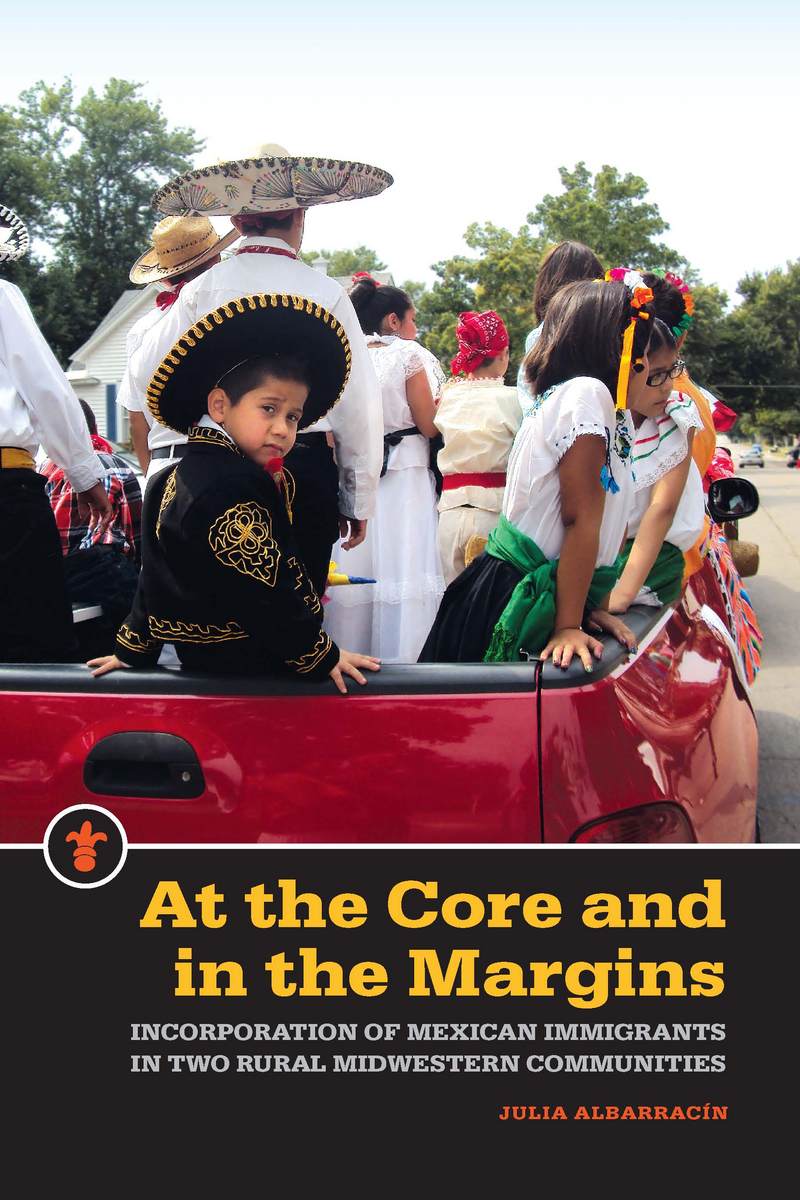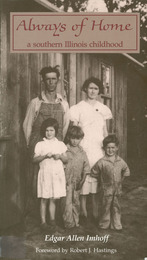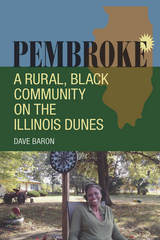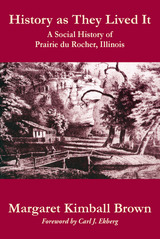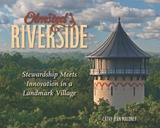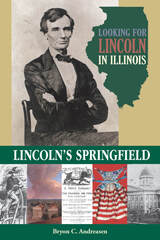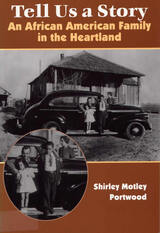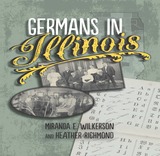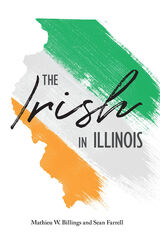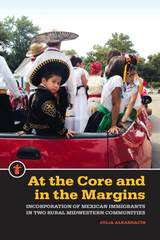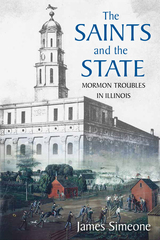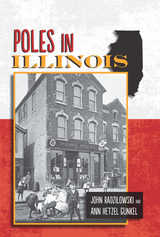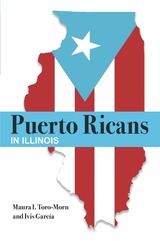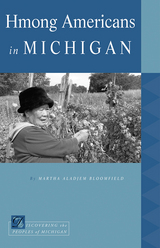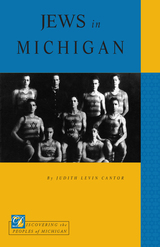At the Core and in the Margins: Incorporation of Mexican Immigrants in Two Rural Midwestern Communities
Michigan State University Press, 2016
Paper: 978-1-61186-206-5 | eISBN: 978-1-62895-265-0 (ePub NK) | eISBN: 978-1-62896-265-9 (Kindle) | eISBN: 978-1-60917-492-7 (PDF)
Library of Congress Classification F550.M5A43 2016
Dewey Decimal Classification 305.8968720773
Paper: 978-1-61186-206-5 | eISBN: 978-1-62895-265-0 (ePub NK) | eISBN: 978-1-62896-265-9 (Kindle) | eISBN: 978-1-60917-492-7 (PDF)
Library of Congress Classification F550.M5A43 2016
Dewey Decimal Classification 305.8968720773
ABOUT THIS BOOK | AUTHOR BIOGRAPHY | REVIEWS | TOC | REQUEST ACCESSIBLE FILE
ABOUT THIS BOOK
Beardstown and Monmouth, Illinois, two rural Midwestern towns, have been transformed by immigration in the last three decades. This book examines how Mexican immigrants who have made these towns their homes have integrated legally, culturally, and institutionally. What accounts for the massive growth in the Mexican immigrant populations in these two small towns, and what does the future hold for them?
Based on 260 surveys and 47 in-depth interviews, this study combines quantitative and qualitative research to explore the level and characteristics of immigrant incorporation in Beardstown and Monmouth. It assesses the advancement of immigrants in the immigration/ residency/citizenship process, the immigrants’ level of cultural integration (via language, their connectedness with other members of society, and their relationships with neighbors), the degree and characteristics of discrimination against immigrants in these two towns, and the extent to which immigrants participate in different social and political activities and trust government institutions.
Immigrants in new destinations are likely to be poorer, to be less educated, and to have weaker English-language skills than immigrants in traditional destinations. Studying how this population negotiates the obstacles to and opportunities for incorporation is crucial.
Based on 260 surveys and 47 in-depth interviews, this study combines quantitative and qualitative research to explore the level and characteristics of immigrant incorporation in Beardstown and Monmouth. It assesses the advancement of immigrants in the immigration/ residency/citizenship process, the immigrants’ level of cultural integration (via language, their connectedness with other members of society, and their relationships with neighbors), the degree and characteristics of discrimination against immigrants in these two towns, and the extent to which immigrants participate in different social and political activities and trust government institutions.
Immigrants in new destinations are likely to be poorer, to be less educated, and to have weaker English-language skills than immigrants in traditional destinations. Studying how this population negotiates the obstacles to and opportunities for incorporation is crucial.
See other books on: Cultural assimilation | Cultural Policy | Rural | Rural conditions | Statistics
See other titles from Michigan State University Press
